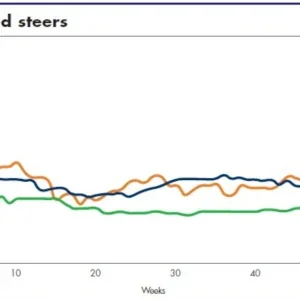HTL International Holdings Limited, one of Asia’s largest leather tanners and sofa manufacturers, are to build their second wet-blue facility, this time in Yangzhou, China (see Leather International April).
They plan to invest S$24.2 million (US$13.2 million) of which S$9.4 million will be used to set up the new facility and the balance of S$4.8 million will be used to expand the existing leather finishing plant in Kunshan, China.
HTL announced in August last year that they planned to invest S$5.7 million by setting up a wet-blue facility in Kunshan but this project will now be replaced by the new facility in Yangzhou.
‘Since our previous announcement, our existing sofa manufacturing and leather processing operations in Kunshan have grown rapidly and we are operating at almost full capacity’, Phua Yong Tat, group managing director of HTL International Holdings Ltd, said in a statement.
‘After careful consideration, we have decided to expand beyond Kunshan and invest in Yangzhou. Besides lower costs, the site allows us the possibility of processing raw hides to crust in the event that we decide that there should be further backward integration of our operations.’
He said HTL have set up a wholly-owned subsidiary, Trends Leather (Yangzhou) Co Ltd, in Jiangsu Province.
The new subsidiary will be exempted from corporate income tax in the first two years of profitability and, thereafter, enjoy a 50% reduction on the prevailing tax rates for the third to fifth year.
The investment in Yangzhou comprises S$5 million in land and building and S$12.2 million in plant and machinery. The remaining S$2.2 million will be used to establish a ‘cut-and-sew’ operation.
The construction of the wet-blue facility was expected to commence in April 2002 and trial operations are expected to start by December 2002. This wet-blue facility will support the leather finishing operations in Kunshan by processing wet-blue to dyed crust before sending it to be finished in Kunshan.
The planned capacity for this plant is about 5,000 hides a day.
‘The Yangzhou facility will produce commercial-grade leather while the Singapore operation will concentrate on production of higher-grade leather. This shift in focus in the Singapore operation will yield better margins’, said Phua.






